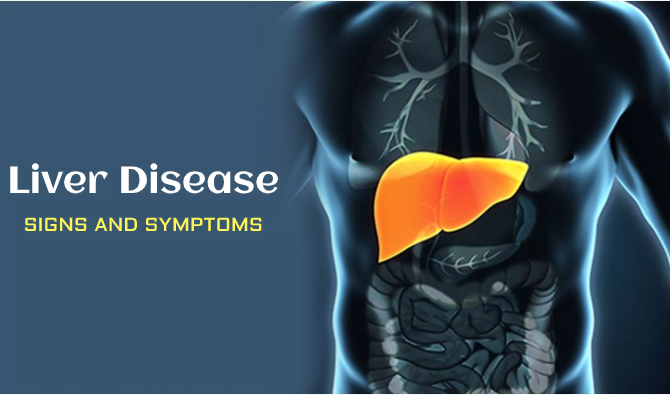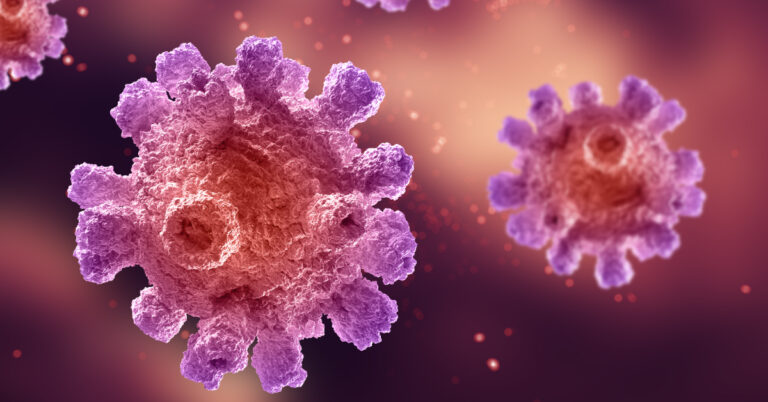On one hand, when the world has started erupting from the havoc of Corona, a new variant Omicron has come out, which has again created panic in the world. The Covid virus first arrived in China in late 2019. Since then, corona has changed its form and continues to pose a threat to all mankind. The latest variant of the coronavirus “Omicron” has created panic because complete information about it is not available yet.
In this article, you will get up to date information about the new coronavirus variant – “Omicron”
Rumors about the Omicron variant?
As we all know, everything spreads on social media like wildfire but it’s no surprise that not everything we read there is true –
- Some say, Omicron is deadlier than all other variants and it cannot be detected through the RT-PCR test.
- Another message says that the Omicron virus shows no symptoms like cough, fever, joint pain, and it directly affects the lungs causing acute respiratory distress.
Fact Check
- India Today, in its AFWA (Anti-Fake News War Room) has stated that, although WHO has assessed that risk related to Omicron to be “very high” but WHO is still uncertain about its severity and transmissibility. Dr. Angelique Coetzee, the doctor from South Africa, who was first alerted about Omicron has said that the new variant’s symptoms are unusual but mild.
- It is said to be deadlier than the “Alpha” and “Delta” variants but no death due to the Omicron variant is reported yet.
- The RT-PCR test is still the only reliable way to detect the virus.
What is Omicron?
As we all know, coronavirus keeps changing its form again and again just like a chameleon changes its color to defend its territory. On 26th Nov 2021, the new variant of coronavirus i.e B.1.1.529 was designated as VOC (Variety of Concern) by WHO. Omicron is the 13th variant of the SARS-CoV-2 Virus. Usually, whenever a variant becomes a big concern for the public, many people start referring to that variant by the name of the country where it was first detected. But virus is infectious and is going to spread as any virus does i.e., from one person to another based on its infectivity, not on its location. So, to avoid confusion and stigmas, WHO has announced a new system for naming variants i.e., where they were first documented.
Under the Pango System, the variant B.1.1.529 got its name – “Omicron”, from the phylogenetic assignment of Names Global Outbreak Group, which conveys scientific information about its lineage.
First identification of Omicron variant
The Omicron variant was first reported to WHO on 24th Nov 2021 from South Africa and its first sample was back on 9th Nov 2021.
And after that, “Omicron” variant has been found in 24 countries and it is expected that this number will grow. Its cases are detected in countries like France, Belgium, Germany, Italy, Sweden, Denmark, India, etc.
The origin of Omicron is still unknown
When any new variant is detected, it takes about a week when it is detected and is only done in a country with a vigilant surveillance system. After identification, new variants start getting testes in several countries. So, we never really get to know from where the virus started.
Omicron in India
In India, the first two cases were reported in Karnataka on the 2nd of December 2021. These two cases were reported in men aged 46 and 66 years, respectively.
Why is concern growing over Omicron strain?
The top reasons for concern are –
-
- Omicron was detected in a fully vaccinated person in California and a similar case was identified in the US. In India, the 66-year person infected with Omicron is fully vaccinated. So, there is a huge question mark on the effectiveness of the vaccines.
- Health experts now believe that omicron has been spreading silently and the scenario in India, also proves this.
- The Omicron variant has a high number of mutations, which might spread fast.
Omicron Symptoms
The Omicron variant has “no noteworthy symptoms” according to NICD (National Institute of Communicable Diseases) of South Africa.
- Dr. Angeliique Coetzee, the doctor from South Africa, who was first alerted about Omicron has said that the new variant’s symptoms are unusual but mild.
- Anyone may experience moderate to severe symptoms in 2 to 14 days following contact with the virus and symptoms are flu-like dry cough, fever, night sweats, body aches, etc.
- Older people who are infected by this new variant Omicron are warned to be more cautious.
- Loss of taste and smell are not seen in patients suffering from Omicron.
Effectiveness of vaccine over Omicron variant
21 cases of Omicron variant are reported in India till now. Unless the virus is isolated, cultured, and tested in a laboratory setting, it is not wise to say anything about effectiveness of the vaccine, but it is suspected by medical researchers that vaccination will provide strong protection against this virus, while unvaccinated people who only have natural immunity for Covid infections by the previous infection may be at higher risk of getting affected by Omicron.
Is lockdown needed for this new variant?
India’s Covid-19 task force is continuously monitoring the situation and there is no imposition of lockdown at the moment and no such proposals are there, but precautionary measures are being taken and guidelines are being issued almost daily.
Precaution
To protect yourself from the new variant of Omicron:
- People must vaccinate themselves as per the guidelines.
- People must follow existing advice regarding Coronavirus disease like wearing masks, maintaining social distance, keeping indoor areas ventilated, washing hands regularly, etc.
Treatment
- Research is still going on but till now it is unclear how this new variant reacts to immunization and previous infection immunity.
- Ayurveda has been known to help many people across to globe with the initial variants of Covid and will be of great use in the treatment of the Omicron variant too.
Conclusion
- Now we should always keep in our mind that there will be another variant with us, even if Omicron doesn’t turn out to be as bad as expected. So, we should forget the fear and realize our responsibility. It is seen that countries that are taking mask-wearing lightly are seeing a surge in cases. With the emergence of Omicron, it is important to strictly adopt the “universal vaccine’ i.e., wearing of a mask.
- Ayurveda will be a ray of hope in treating the new variant as well. Various Ayurvedic herbs and formulations are introduced now after 2019 that help to cure major symptoms related to the coronavirus. The herbs like Tulsi, Shunthi, Guduchi or Amrita, Pippali, Ashwagandha, etc. are of great use. These herbs and formulations with their active principles not only treat symptoms but also help to enhance an individual’s immunity with their immunomodulatory activity. All these herbs in any form help to relieve even the mild symptoms of the Omicron variant and all such virus threats.











